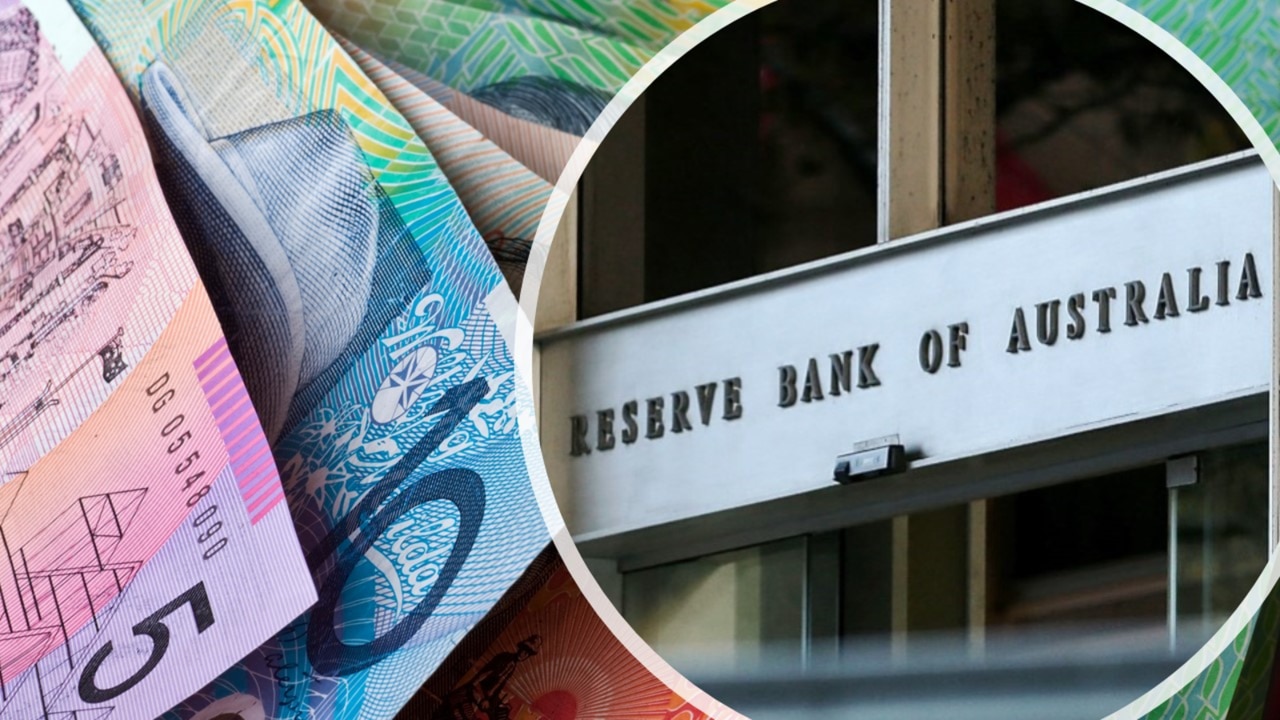Australian Retailers Association finds that a rising number of small business are doing it tough
Industry groups are calling for governments to wind back working from home and force more public servants into the office to boost businesses hurting from a pullback in spending.

Industry groups are calling for governments to wind back working from home and force more public servants into the office to give small and medium businesses struggling from a pullback in consumer spending a boost.
Government departments are some of the largest employers of people in capital cities, but with working remotely the norm for most of the past four years since the pandemic started in March 2020, foot traffic is below levels seen last decade, despite rapid population growth.
The Australian Bureau of Statistics reports that retail turnover in the 12 months to August recorded the lowest growth on record outside the lockdown period in 2021, when millions of Sydneysiders and Melburnians were locked up for several months.
Australian Retailers Association NSW small business commissioner Chris Lamont said governments making their employees return to the office would be about the most useful intervention into retail that government could make.
“If government can do something really constructive for Brisbane, Sydney and Melbourne, it is to put a mandate on public servants returning to work,” he said.
“If you want to talk hospitality, you’re losing your lunch trade, you’re losing your evening trade because public servants are working less from the office and that changes your whole mentality. You don’t get meet your friends on a Friday night, you don’t have lunches, you don’t do a whole bunch of things.
“I don’t think the government’s the answer to many things, but if you’re going to ask me one thing the government could do particularly for retail hospitality and CBD, it is getting public service back to the office.”

The Community and Public Sector Union announced in July that it had won the right for 174,000 public servants employed by the Australian Public Service to have access to an uncapped amount of work from home. State governments also have lenient work from home policies, with NSW Premier Chris Minns saying in June that, while he wanted more public servants back in the city, he was bound by a tight labour market.
The call to return more workers to capital cities comes as the Australian Retailers Association says a growing number of small businesses are on the brink due to the combination of a rapid run of interest rate rises, a pullback in consumer spending and soaring costs.
Its Small Retail Index in conjunction with American Express shows that, while 57 per cent of small and mid-sized businesses are defying headwinds to meet or exceed their financial benchmarks, as many as 43 per cent are falling short.

The cost of doing business continues to put pressure on retailers, with more than a third reporting that costs have increased by more than 10 per cent – well above the peak of inflation, which was 7.8 per cent in December.
The survey of 468 retailers also reported that 45 per cent felt confident about the financial year, with 55 per cent somewhat uncertain. While decelerated consumer spending was the most pressing issues, wages, cost of goods and staffing shortages were also major concerns.
“It’s been a perfect storm coming out of Covid – small business owners have struggled through and are very resilient, with most doing OK if they survived,” ARA chief executive Paul Zahra said.
“Many small businesses are suffering due to leasing costs, along with wages and utilities all going up. Of course, if they take their own pricing up it then impacts on inflation and perpetuates the problems in the economic market.”
Business insolvencies in the September quarter surged to their highest level since 2015, according to the latest figures from the Australian Securities & Investments Commission, as fears for the construction, retail and hospitality sectors mount ahead of the critical holiday trading period.
Mr Lamont said the current climate for small businesses was comparable to the period after the Global Financial Crisis, but said consumer spending was showing signs of bottoming out and could pick up next year.
“The condition that we find ourselves in now, to me, feels very much like 80 months after the GFC. It wasn’t the GFC, it was the period after which really hurt business,” he said.
“Most small businesses do not have the strength to carry on. They used home equity to start their business. The younger generation do not have this capacity.”








To join the conversation, please log in. Don't have an account? Register
Join the conversation, you are commenting as Logout